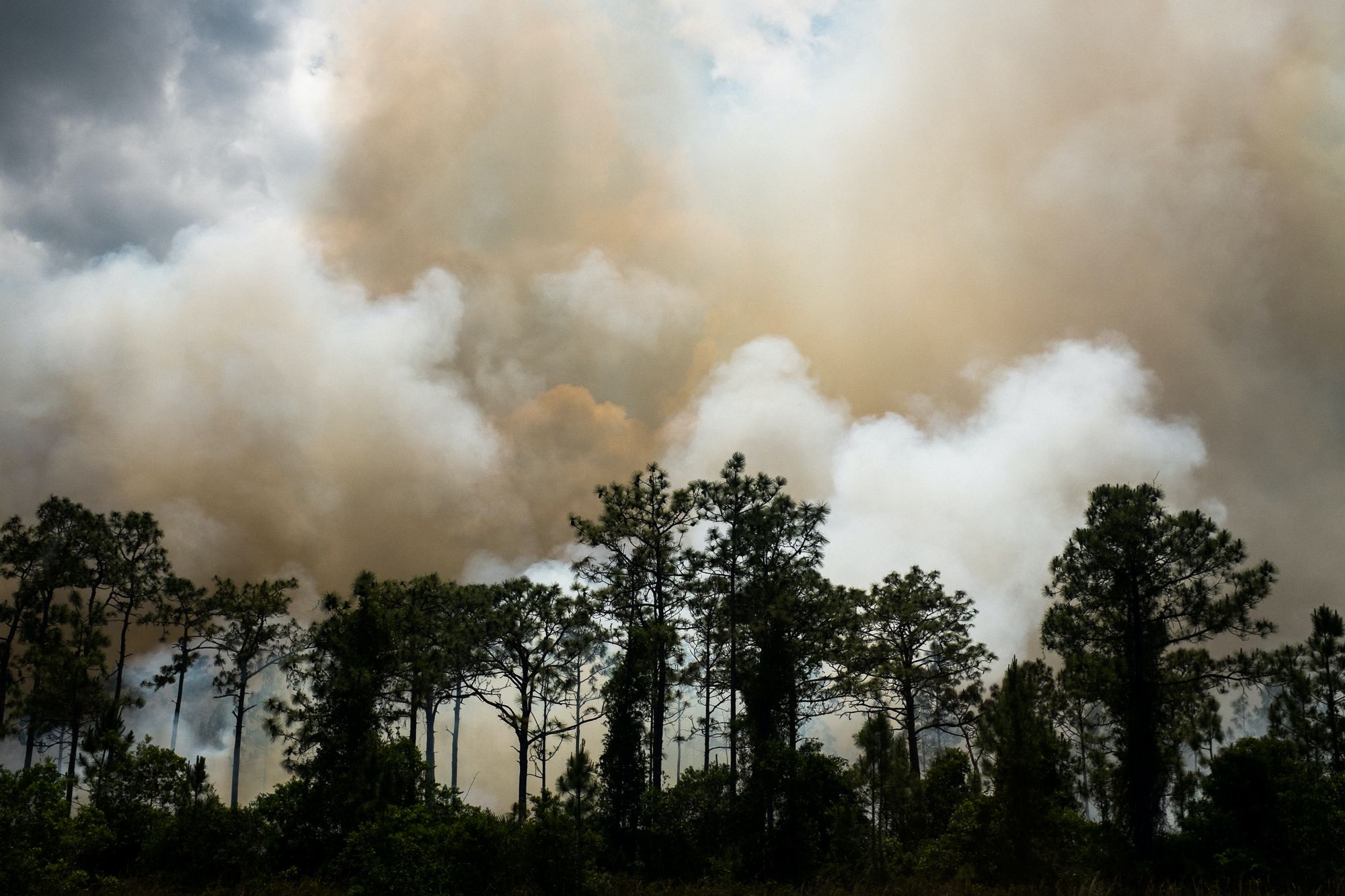First Came The Fires, Then The Defaults
Paradise, which was devastated by wildfires in 2018, recently informed bondholders that no assurances can be given that it will repay the $5 million that one of its agencies borrowed years ago. The town received $219 million in settlement money from utility PG&E Corp after one of its power lines set Paradise ablaze, leaving more than 25,000 homeless and killing 85.
- The agency's cash reserves are nearly depleted, and local authorities plan to use the settlement money for rehabilitation rather than debt payments
- The bonds' rating was downgraded to triple-C by S&P Global Ratings in June, further lowering them to junk status
Municipalities have experienced weather-related damage for a very long time. Yet, an increasing numbers of investors are worried that wildfires are getting worse due to climate change, all while vital infrastructure is underfunded and not ready for it.
States Are Also In Trouble
The Po, Italy's greatest river, hit its lowest water levels in 70 years due to high temperatures and unusually dry weather. Large portions of the river bed are now exposed as a result of months without rain and an earlier-than-usual halt in flows from snowmelt in the western Alps.
- The Italian government was compelled to declare a state of emergency in five regions on Monday as drought-like conditions and an early summer heat wave wreck havoc on agriculture and power supply
- Bloomberg Economics predicted on Tuesday that the drought will cause a 0.2% third-quarter decline in Italy's economy
- According to economists David Powell and Maeva Cousin, the drought adds to the risks of holding Italian sovereign debt but won't have a catastrophic effect on the nation's economy
A Vicious Cycle
Italy's use of hydroelectric power, which typically meets 15% of its demands, has dropped by 50% so far this year, and the Po delta has been invaded by saline waters from the Adriatic Sea for a record 30 kilometers, endangering agriculture and water supply.
- According to the agricultural organization Coldiretti, the region's seasonal crop has decreased by an estimated 30% as a result of the extreme weather
- Crops on fruit farms, including cherry, pear, and apricot trees, were damaged to a degree of up to 15% by the intense heat exceeding 40 degrees Celsius
- Around 30% of Italy's agricultural output is produced in the Po valley
BENCHMARK'S TAKE
- Wildfires, extreme draughts and harsher winters are becoming more common across the world. Yet, investors will often see that it is very hard to reconcile returns and positive impact
- The current trend of impact investing and green thematics may also fail to provide tangible solutions as it lures capital into green traps
- The "ESG Aware funds" are misaligned with the Paris Agreement temperature rise goal and imply a temperature rise of 2,5 to 3 degrees Celsius (while Oil & Gas funds imply a rise of 3 degrees Celsius), far above the 1,5 to 2,0 degrees Celsius required by the Paris Agreement
- Even the political solutions put in place by the European Union fail to achieve their goal: "Investment funds that market themselves as sustainable under European rules get similar levels of "green revenues" through the companies they invest in as traditional funds, according to a new study"
Disclaimer
Please note that this article does not constitute investment advice in any form. This article is not a research report and is not intended to serve as the basis for any investment decision. All investments involve risk and the past performance of a security or financial product does not guarantee future returns. Investors have to conduct their own research before conducting any transaction. There is always the risk of losing parts or all of your money when you invest in securities or other financial products.
Credits
Photo by Ryan Arnst on Unsplash.



